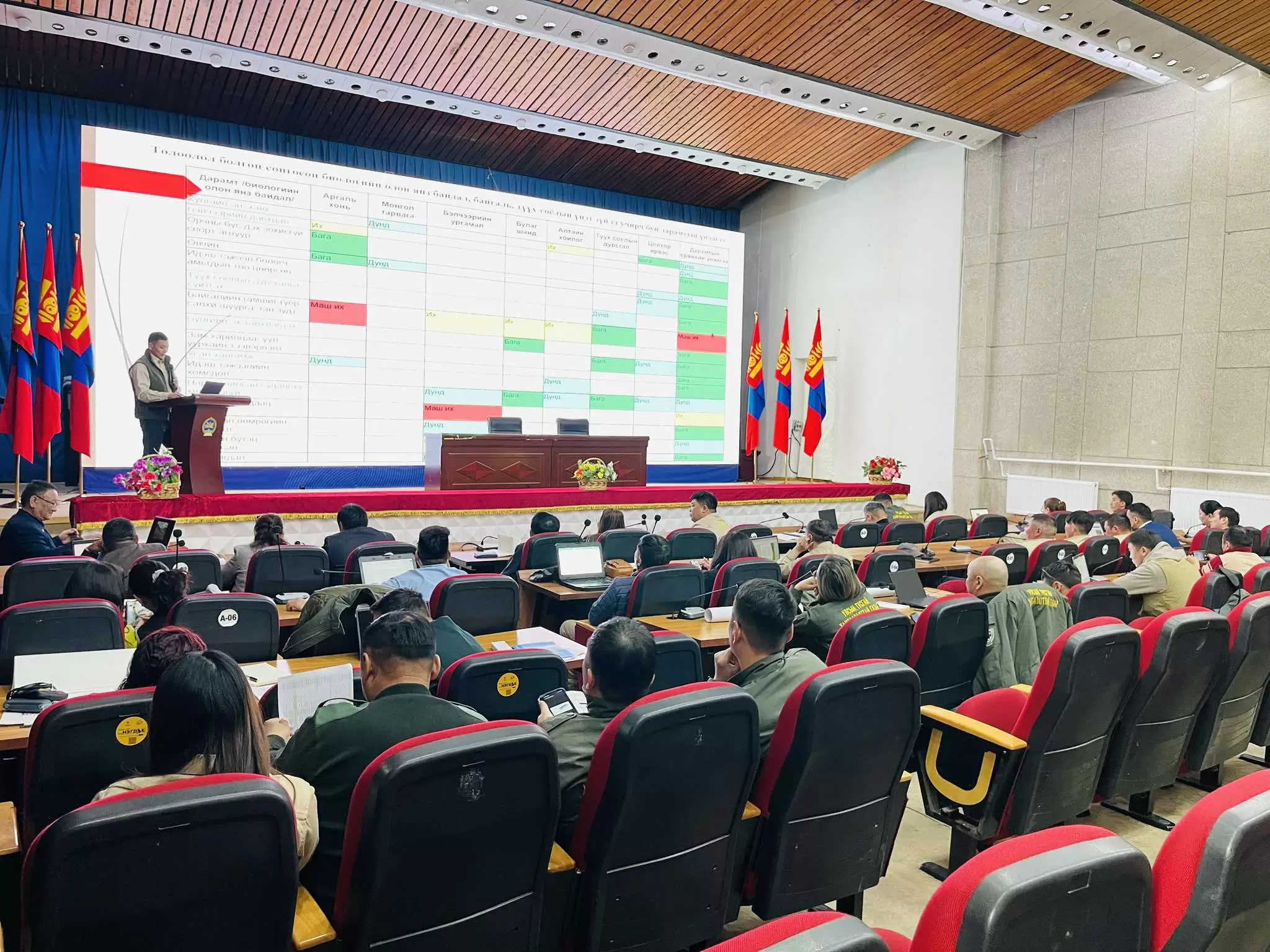The WWF is run at a local level by the following offices...
- WWF Global
- Adria
- Argentina
- Armenia
- AsiaPacific
- Australia
- Austria
- Azerbaijan
- Belgium
- Bhutan
- Bolivia
- Borneo
- Brazil
- Bulgaria
- Cambodia
- Cameroon
- Canada
- Caucasus
- Central African Republic
- Central America
- Central Asia
- Chile
- China
- Colombia
- Croatia
- Democratic Republic of the Congo
- Denmark
- Ecuador
- European Policy Office
- Finland
Our News
Supporting capacity building and management planning for protected area administrations
The consultation provided a valuable platform for participants to discuss strategies for improving the implementation of PA management plans, explore the benefits of the SMART application in conservation work, and outline steps to better achieve planned activities. Participants shared positive experiences regarding the use of SMART by rangers and monitoring teams during field duties.
As part of this initiative, WWF-Mongolia organized a consultation meeting in Khovd town with officers and researchers from 11 PAAs across 5 provinces in Western Mongolia. The meeting brought together 54 participants, including directors and specialists from PAAs as well as representatives from Aimag Environment Departments in ASER.
The consultation provided a valuable platform for participants to discuss strategies for improving the implementation of PA management plans, explore the benefits of the SMART application in conservation work, and outline steps to better achieve planned activities. Participants shared positive experiences regarding the use of SMART by rangers and monitoring teams during field duties. The data and reports generated by SMART are vital to the PAAs' databases, as they provide accurate spatial and temporal insights that support evidence-based decision-making.
Since 2018, WWF-Mongolia has supported the adoption of SMART tools, offering access, testing opportunities, and training for PA rangers across its program areas. This effort received official recognition in 2023, when the Minister of Environment and Tourism approved national guidelines for SMART training.
Participants also reflected on past achievements and discussed further steps to improve implementation of planned activities. Priority areas identified included climate adaptation measures such as tree planting, establishing open water points for wildlife, and protecting the headwaters of springs and open water sources. They also emphasized the need to expand external partnerships to enhance the effectiveness and efficiency of conservation efforts.
A key conclusion to the meeting was the need for stepwise capacity-building support for PAA staff. This reflects the current situation, where approximately 60% of PAA personnel in Western Mongolia are newly employed following the 2024 government restructuring. Additionally, several existing management plans in the region have expired or are nearing expiration. Under current government policy, PAAs are now required to develop new 10-year management plans, highlighting the urgency of equipping staff with the necessary skills and guidance.

© WWF-Mongolia
Regular and daily use of SMART application by rangers